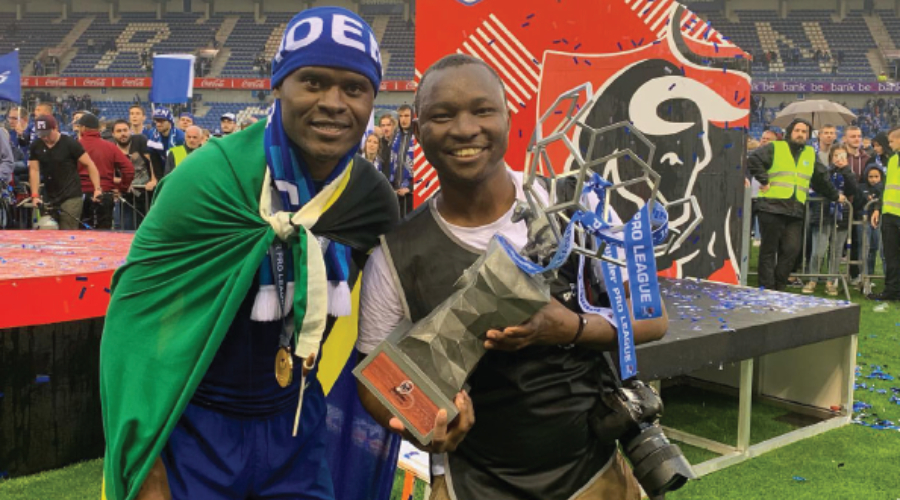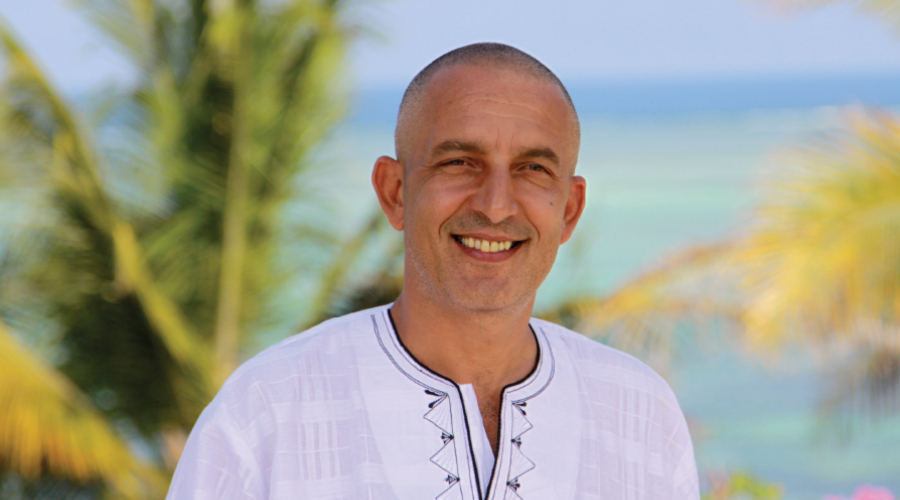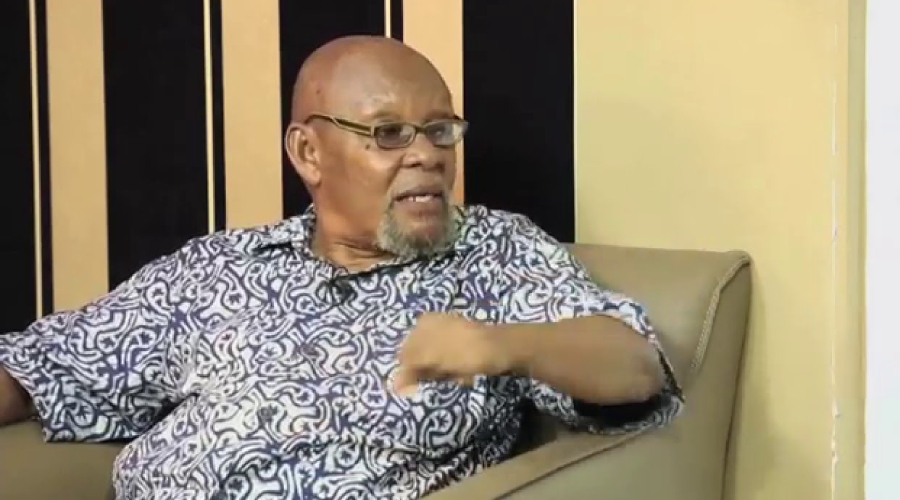A chat with a young renowned Tanzanian photographer with a portfolio stretching from inner parts of Tanzania, cities of Africa and those of Europe.
About two years ago a young man walks into an informal meeting I was having and shouts “did you see the pictures I took?” and I turned to look at him. It was the first time Imani Nsamila and I met at Buni in Dar es salaam. Full of energy, enthusiasm and childish-like infectious laughter and I knew then that I wanted to be involved with his work.
At 23 years old, a few months right after a tragic accident that left his right arm with an open fracture and a change of career within the same line of work, Imani met Hon. January Makamba (then deputy minister for Communication, Science & Technology in Tanzania) — and it was a cradle of miraculous works of art. Living in a vibrant and beautiful city of Dar es salaam, now Imani works as a freelance
photographer focused on environment, photo journalism, political and documentary photography and here’s a walk into his mind soon after his recent work-trip to Europe.
If a stranger walks right to you and wants to know all about you in 45 seconds, how would you describe yourself?
He takes a thoughtful pause “a photographer — but I’ve been asking myself the same question for a while ‘who am I?’. Career-wise I’m a photographer that wants to capture everlasting memories, to hopefully win awards, have my works live on and impact people”. And as a person? “I —, (he hesitates) I like to believe I am humble but I’d leave that for people to judge. Also I like to learn and I
allow criticism. As most young Tanzanians that came from ‘normal’ life I’m keen to push boundaries and limits and that is refl ected in most of the things that I do”.
What do you want people to discover about you?
I’m a young man with great goals in life. So far what I have done doesn’t measure up to my dreams. I feel like there’s a lot I want to achieve. I want to win awards. I want to be recognized internationally as one of the greatest photographers.
Let me paraphrase these questions — what do you want people to see when they see you and what should they say when they talk about you?
Imani: “Mh well I care about what people see, talk or think about me especially if it grows me as a person and my career and if I were to control that — which I can’t — I’d say I want them to see me
as a professional photographer that has dreams beyond imaginations and I’m talking about being invited for public lectures and to be recognized for my work. I’d love for people to say I have made a positive impact in their lives through photography”.
I’m curious about your growth, especially mentally, do you read books or how do you expand your knowledge?
“I read books. I use Google a lot to search for answers to my questions and YouTube to watch tutorials. But also an alternative source of knowledge for me is ‘people’ and I have identifi ed people
that are more advanced, experienced and knowledgeable than I am and I visit and talk to them”.
Who are these people you’re talking about?
“Well…just to mention a few — the very first person is my father, my brother, Hon. January Makamba, Mussa Nnauye, Joseph Mabima, of course you, Eric Kabendera, Peter Nelson & Mkuki ” he laughs and adds “Jumanne, Francisca and others”.
Interesting — and I believe we need mentors to grow and I appreciate the fact that I am in that list, tell me are there any photographers that have influenced you and how did they influence your thinking, photographing, and career path?
“In Tanzania I am influenced by Laurent Kimbatu who is an amazing photographer and he used to work at Novel Idea bookshop at Slipway. He used to borrow me his camera and was always there whenever I needed to learn anything. I still hang out with him, we cycle together and take pictures now and then”
Imani, tell me what gears do you use for your work in photography?
Imani: “The most important gear I use is my brain and the rest are just tools to bring life to my imaginations”.
Among your works, which one is your favorite? Why?
I have a lot of my pictures that I like and the one that I love most was my first picture to be shared on all media from papers, social media and other places. This one (he points on his computer screen - it’s a famous picture of the 5th president of Tanzania, His Excellency Dr. John Pombe Magufuli, during the
campaigns). It’s my favorite because it’s my first picture to be published by media all across the country and it was picked by media around the world too.
Interesting picture really, tell me what have you done recently?
I have worked with the European Union through their Climate Change Alliance project and I continuously cover high level environment cases in Tanzania through the Vice President’s Office. I am
grateful that they believe in me and they work with me.
Have you done any exhibition recently?
I travelled to Zimbabwe for an exhibition targeting promotion of tourism in the Southern belt and the
rip was sponsored by Zimbabwe Tourism Authority. I was invited as a photographer. I’m going back to Germany in October to attend an exchange program for young people.
When you go on your travels for work what do you take with you? and why?
“I don’t believe in limits —When I travel I normally research about the place and the people I will meet. I feed my mind with information about the place I am about to visit especially their cultural build up. I also pack my camera, my phone, laptop, credit card and money.
Why Berlin wall?
I have always wanted to touch that wall. I mean it is intriguing if you think about it — the heights humans are willing to climb to tear down separation or discrimination gives me hope in humanity. There is a lot for us, altogether, to still learn from each other and the most important one is love.
Do you consider yourself famous in Tanzania?
I don’t think I am. I believe my works deserve to be in Who is Who because they made impacts in lives of people in Tanzania.
Would you love to be famous?
I want my works to be famous. I want to be recognized through what I have done.
What challenges do you face in your career?
The cost of photography gears is one of the challenges but I don’t really worry about it (he pauses) the biggest challenge is that people are still not aware of this profession in Tanzania. People don’t understand the value of pictures and photography in our daily life. Our country is not well documented
in terms of environmental and climate changes, development activities and things that happen in our country. You hear out there that ice is melting on the peak of mount Kilimanjaro but Tanzanian photographers are not aware or are not part of those documenting these changes and that’s a challenge.
If you ask for picture before a new road or a new development you can’t find them. To me that’s a challenge maybe people miss an understanding of the importance of documenting the history of our country.
Give us your parting shot
In Tanzania, people are complaining about how photographers are morally decaying the society by taking nude pictures.
Personally I have no problem with people doing that, I believe life is like a “disco” and everyone can
dance however they want to any song they choose. But I also firmly believe that there’s a lot that can and should be covered by photographers in development issues. If you search for images from Tanzania on the internet you end up getting demeaning images, yet photographers are content curators.
We keep letting other people produce content for our country and eventually our continent. Tanzanian photographers can create amazing content and that way we can improve how we tell our stories and eventually inspire the society to be great.
How do you mean?
I mean if you search for “African children” on the internet you only see images of starving kids or something bad about them and if you search for “European kids” you have these images of kids playing in nice parks or are in school. We are responsible for what content we share and we can’t continue blaming tourists for it. We have to create a new wave of content from our point of view.
Share images that shows a great Africa that we want to be connected with.



